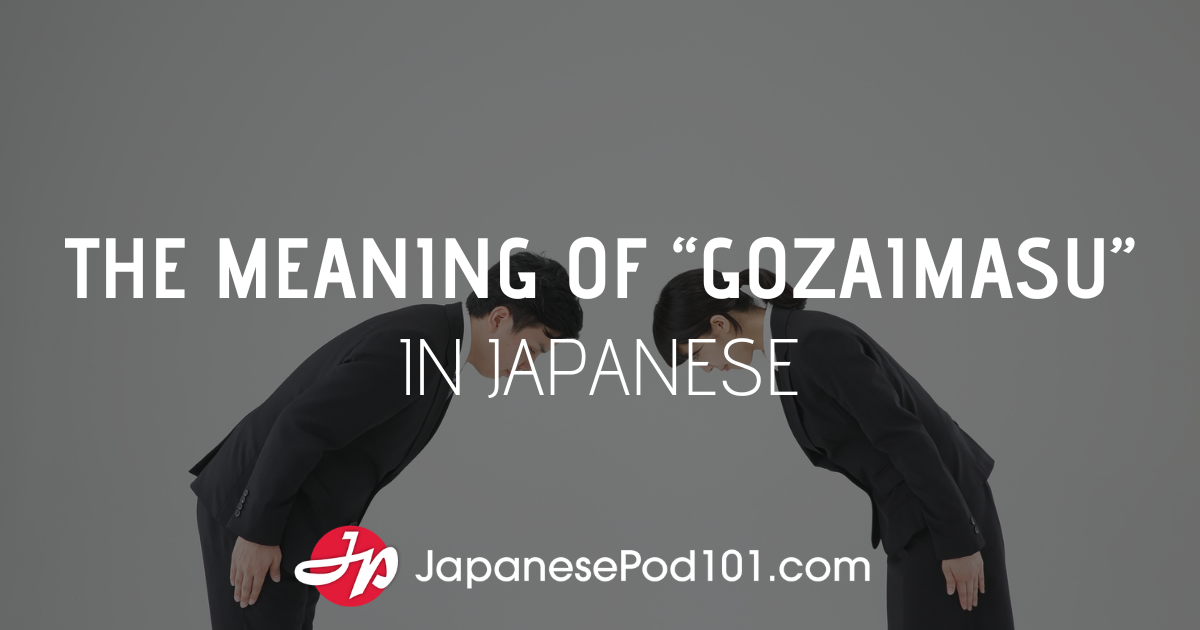Archive for the 'Japanese Online' Category
June 10, 2021
Japanese Proverbs – Gain Japanese Wisdom and Insight
Based on experience and timeless common sense, proverbs tell a perceived truth, often metaphorically, in a short sentence. Proverbs offer us wisdom and advice, and they’re extremely popular. You can find them quoted in articles, used in daily conversations, and even showcased on people’s wall decor.
Proverbs often reflect the cultures from which they originate, and Japanese proverbs—called 諺 / ことわざ (Kotowaza)—are no exception. Some Japanese proverbs are very unique and funny, and there are some that are only valued and understood in Japan due to the ideas and values they reference. By learning Japanese proverbs, you’ll not only strengthen your language learning muscles, but also deepen your understanding of Japanese culture and values.... Show more
May 14, 2021
Tokyo Travel Guide: See Japan’s Incredible Capital City!
Have you ever been to Tokyo or thought about visiting? Japan is a very unique and fascinating country, and you can never get bored in Tokyo, one of the biggest capital cities in the world!
Tokyo has a range of sights and experiences for travelers to take in: traditional and cutting-edge modern culture, a wide variety of food choices, shopping, entertainment, nightlife, and even nature and outdoor activities. With so many reasons to visit Tokyo, it’s worth making the trip at least once in a lifetime to enjoy what this wonderful city has to offer.
In this Tokyo travel guide, we’ll help you plan a visit to Tokyo by introducing you to some of the best locations in the city. We will also provide you with basic city and travel information,... Show more
May 13, 2021
English Words in Japanese: Do You Know Japanglish?
The Japanese language can be very difficult for English speakers to learn as these two languages are completely different in every aspect: origin, writing system, grammar, and phonetics. But when it comes to vocabulary, you may be surprised to hear that this isn’t really the case. There are actually quite a few English loanwords in Japanese!
There’s even a name for the mixing of these two languages: Japanglish.
Some of the English words used in Japanese have the same meaning as the original ones, while others have been localized and modified (often shortened), combined with Japanese words, and/or used with a completely different meaning.
In this article, we’ll introduce English words that are commonly used in Japanese. Although... Show more
April 23, 2021
A Brief Overview of Japanese Culture
What do you know about Japanese culture? While you may be familiar with sushi, anime & manga, and maybe even martial arts such as Karate and Jūdō, there’s so much more!
Japanese culture is unique and multifaceted, characterized by rich traditions that boast thousands of years of history. It’s continuously evolving and influencing both domestic and international society, especially in the fields of subculture, cuisine, fashion, and technology.
Understanding and immersing yourself in the culture of Japan will not only make any future visits more enjoyable, but also accelerate your language learning. In this overview of Japanese culture from JapanesePod101.com, you’ll learn about its most essential aspects: Japanese values,... Show more
March 18, 2021
An Easy Guide to Japanese Grammar
Are you interested in learning Japanese and wondering where to start? Or have you been studying a while and want to know more about Japanese grammar and the logic behind it? Our easy guide to Japanese grammar will give you insight into the essentials of the Japanese language.
Japanese grammar works quite differently from that of English, but that doesn’t mean it’s more difficult. Some rules are actually much simpler and easier to understand than those in English or the Romance languages. For example, Japanese does not have articles, gender, or the singular/plural forms; Japanese has only the present and past tenses. Learning the characteristics of Japanese grammar will deepen your understanding of the language and accelerate your... Show more
March 4, 2021
Japanese Quotes That Will Enrich Your Life
Do you have a favorite quote or saying? All it takes is a look at social media posts, framed wall decorations, and postcards to see that insightful quotes and proverbs inspire people and touch their hearts.
Proverbs are the fruit of wisdom, accumulated through the ages to reflect a given culture. By studying Japanese sayings, you’ll also learn about Japanese culture and values, as well as historical facts. For example, did you know that many Japanese quotes were influenced by ancient China and 儒教 (Jukyō), or "Confucianism"?
Today, we’ll introduce you to popular Japanese quotes and proverbs on a variety of topics. Whether you want life-changing motivation or are seeking relationship advice, you’ll love reading these words of wisdom.... Show more
February 11, 2021
Essential Business Japanese: Learn the Most Useful Phrases
Now that you’ve been learning Japanese for a while, do you plan on working in Japan or with Japanese speaking clients? Knowing the basic Japanese business phrases will help you communicate smoothly and build better relationships with your colleagues and clients.
Business Japanese is quite different from the casual Japanese used in daily life. It’s important to know particular expressions for work and how to express yourself formally in context of the Japanese business etiquette and culture. Even if you’re not yet fluent, being able to give a courteous greeting in Japanese can make a huge difference, even if it's just for a business trip to Japan.
In this article, we’ll introduce the most useful Japanese business phrases you need... Show more
January 28, 2021
Top 10 Japanese YouTube Channels to Improve Your Japanese
Thanks to information technology nowadays, learning Japanese isn’t as difficult as you think. You can acquire the language quickly, even if you live outside of Japan and don’t have access to native speakers. There are various sources on the internet (like YouTube) that can help you learn Japanese!
While there are plenty of Japanese YouTube channels, not all of them are useful or efficient for learning. Using the right tools and resources is the key to faster and more effective learning, so in this article, we’ll introduce the ten best YouTube channels to supplement your Japanese studies.
These channels provide informative and entertaining content, and we’ll include channels in a variety of categories. And at the end, we’ll show you why... Show more
January 8, 2021
How to Say Goodbye in Japanese
As you know, greeting is the most basic and essential aspect of any conversation. While knowing how to say hello is certainly crucial for getting to know people, learning how to say goodbye is just as important. Giving the proper farewell can improve the quality and longevity of your relationships and make you sound more like a native speaker.
There are various ways to say goodbye in Japanese, and some phrases are unique and untranslatable ones which reflect the politeness of Japanese culture. As you learn how to say goodbye in Japanese, you’ll also deepen your understanding of Japanese culture and get tips for having smooth conversations with Japanese people.In this article, we’ll introduce the most common phrases for saying bye in... Show more
December 18, 2020
Is Japanese Hard to Learn?
If you’re interested in learning the Japanese language but haven’t started yet, you may still be wondering: "Is Japanese hard to learn?" or "What are the hardest and easiest parts of learning Japanese?" No worries! We’ll explain everything you need to know about learning Japanese right here in this article.
Japanese is a unique and fascinating language. Although it’s spoken primarily in Japan, knowing the language is useful not only for fans of Japanese anime and manga, but also for those traveling in Japan. Even a basic understanding of Japanese will allow travelers to enjoy Japan’s wonderful culture to the fullest extent possible, and it’s essential for business if you’re interested in the Asian market.
Considering that Japanese is... Show more









